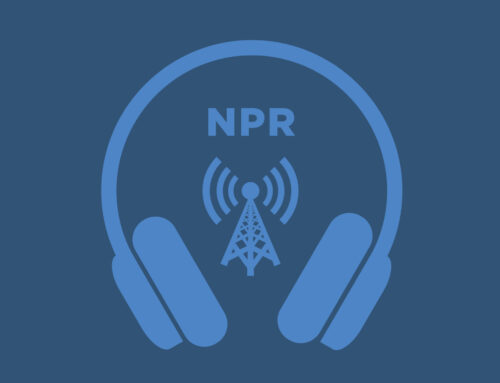More people with psychosis are using cannabis. Medical professionals are worried
October 8, 2025
Cannabis use rates among people with psychosis have surged in states that have legalized the drug, according to a new study.
Medical professionals say the trend — especially when combined with more potent variants of the drug available on the market — could worsen existing mental illnesses and endanger people with a genetic predisposition for psychosis.
THC, the main psychoactive component of cannabis, is known to induce and exacerbate psychosis, said study co-author Andrew Hyatt, a psychiatrist at Cambridge Health Alliance.
“But delivering it at a super high, concentrated amount, it’s kind of like the difference between having one Bud Light and then, like, five shots of tequila,” he said.
The JAMA Psychiatry report analyzed data from 1,856 adults with a lifetime history of psychosis from the Population Assessment of Tobacco and Health Study, a long-running collaboration between the Food and Drug Administration and the National Institutes of Health. The authors found that cannabis use increased by nearly 10% five years after states legalized recreational marijuana use.
The authors were not able to glean any information from the survey data regarding the drug’s typical potency, nor whether more people using the drug was leading to worse mental health. While the vast majority of people who use cannabis do not develop psychosis, many studies show a link between cannabis use and increased risk of developing psychosis at an earlier age and with a worse prognosis, said Matthew Large, a psychiatrist and professor at the University of New South Wales in Sydney, Australia.
“Users have more severe hallucinations, delusions, worse disability, lower medication adherence, more admissions, [and] need higher doses,” said Large.
Potential harms notwithstanding, the proliferation of legal cannabis has outpaced the regulation of relevant products. Only two states require warnings about the link between high-potency cannabis products and psychosis, according to a 2024 study. Researchers say that potency caps and health warnings could mitigate some of these harms.
The study notes that while cannabis use increased after legalization, the true bump emerged with its commercialization in retail shops. And while more people with psychosis are using cannabis, they’re not smoking, vaping, or ingesting it more frequently.
The data does have limitations. Women were overrepresented in the sample. Survey responders self-reported their psychosis diagnoses, so there was no treatment history to pair with their cannabis use.
Researchers are still not sure of the biological mechanism behind the increased link between cannabis use and psychosis. Hyatt said that the scientific uncertainty partially spurred him and his authors to understand how drug legalization has impacted a population that psychiatrists and psychologists have struggled to treat and provide adequate services for.
“There is a somewhat randomized natural experiment happening across states with states having very different laws,” he said, adding, “We don’t have data on the rise of these high-potency products, which have in the last several years really exploded onto the scene. I would love, going forward, for other datasets [than the PATH] to study this.”
Search
RECENT PRESS RELEASES
Related Post




